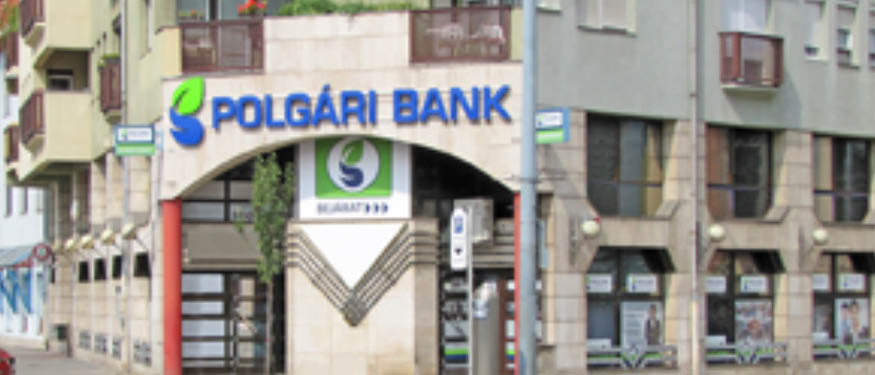TGS Baltic has successfully represented LDZ Cargo and its parent company in overturning a EUR 5.7 million fine imposed by the Latvian Competition Council for alleged abuse of dominant position in the rail freight sector.
Avellum Advises Grupa Pracuj on Merger Clearance for Investment in Work.ua
Avellum has advised Grupa Pracuj on obtaining merger clearance from the Antimonopoly Committee of Ukraine for its further investment in Work Ukraine, the operator of Work.ua.
Cosmin Pohaci Makes Partner at Ijdelea & Associates
Former Managing Associate Cosmin Pohaci has been promoted to Partner at Ijdelea & Associates.
Sorainen Advises Saferoad on Clearance for Gatas Acquisition
Sorainen has successfully advised Saferoad on obtaining Lithuanian Competition Council clearance for the acquisition of 100% of the shares in Gatas.
Moldova: New Regulation on Economic Concentrations
On 17 March 2025, a new Regulation of the Moldovan Competition Council (the "MCC") on Economic Concentrations (the "New EC Regulation") entered into force in Moldova (as secondary legislation). It introduces several key changes aimed at enhancing the enforcement of competition legislation and increasing transparency. The New EC Regulation transposes several European Union regulations, including the Commission Implementing Regulation (EU) 2023/914 of 20 April 2023 and the Commission Notice on a simplified treatment for certain concentrations 2023/C 160/01.
Walless Advises Vilnius City Municipality on European Commission Approval for National Stadium Project
Walless has advised Vilnius City Municipality on securing European Commission approval for key amendments to the financing structure of the National Stadium project in Vilnius.
Sayenko Kharenko Represents Metinvest Group Entities in Anti-Dumping Review
Sayenko Kharenko has successfully represented PJSC MMKI and LLC Unisteel – both part of the Metinvest Group – in the review of anti-dumping measures concerning imports into Ukraine of certain rolled products with corrosion-resistant coating originating in the Russian Federation and the People’s Republic of China.






















